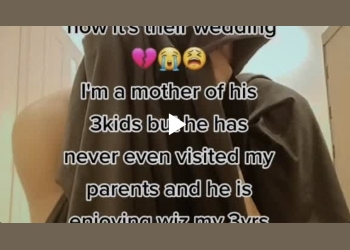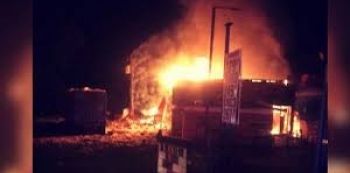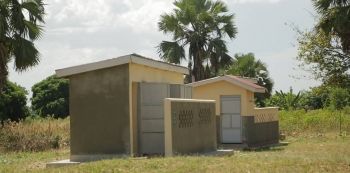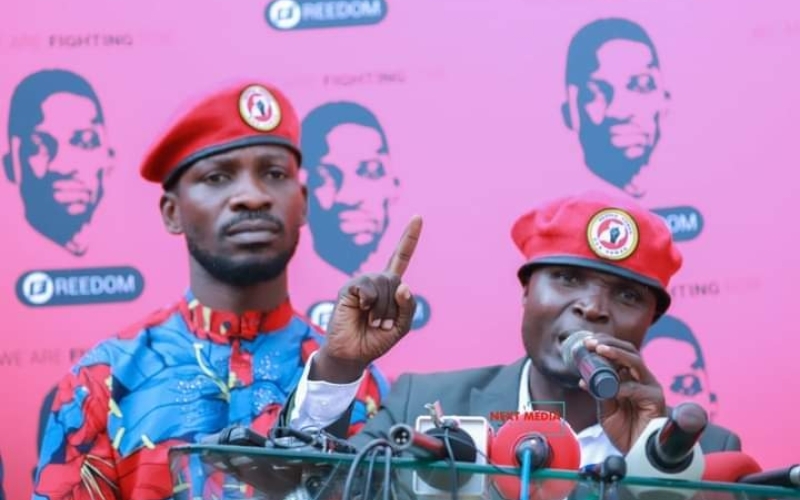Ukraine crisis: Russia shuts off gas to neighbour over unpaid debts as uprising in east escalates
EU leaders had warned Moscow not to use energy as a political weapon in its row with the new Ukrainian government but Gazprom has cut supplies, citing a $4.5bn debt

Devastating Betrayal: Young Mother's Heartbreak as Best Friend Marries Her Husband
\
Farmer Eaten Alive By Her Pigs After She Collapsed While Feeding Them
\
Mukono woman cuts off cheating boyfriend’s Manhood
\Weird and Shocking
Shock as Bushenyi man falls, dies in pit Latrine trying to retrieve UGX 60,000
Poverty levels in the country have shoot high, that Ugandans are now dying trying to retrieve a few tens of thousands of shillings from latrines.
Story by Howwe Editor

\
Weird and Shocking
Gas explosion claims life of one year old baby in Masindi
Afuzan Kiwewa a one and half-year-old child has lost his life after an unattended gas stove exploded at the parent’s place in Masindi town.
Story by Howwe Editor

\
Weird and Shocking
PICS: Lady Throws A Lavish Wedding . . . For Her Hubby To Marry His Second Wife!!
The first wife, who is African and Muslim, is being PRAISED on social media by friends - who see her as being a "good wife."
Story by Gee Mukama

\
Weird and Shocking
Panic as Pupil Falls, Dies in School Pit Latrine
A four-year-old baby class pupil at Joe Foundation International School. Identified as Ian Ikiriza, the pupil disappeared briefly and was found dead in a pit latrine.
Story by Howwe Editor

\
Weird and Shocking
Several lives lost in Mityana Road Carnage (Photos)
Residents of Bujuko on Mityana road are still in panic mode after a fuso lorry carrying maize crashed into a commuter taxi killing unspecified number of passengers.
Story by Howwe Editor

\
I Have No Reason to Apologise to Bobi Wine - Joyce Bagala
Mityana District Woman MP Joyce Bagala Ntwatwa has vowed not to apologize after NUP set a 30-day ultimatum for all 'rebel MPs' to apologize.
\

Bobi Wine Can Never Be President Of Uganda - Ronald Mayinja
\I Lost Interest in Collaborating with local Artists - Uncle Chumi
Chumi claims she is demanding UGX 30 million from Spice Diana as compensation for her studio time.
\






